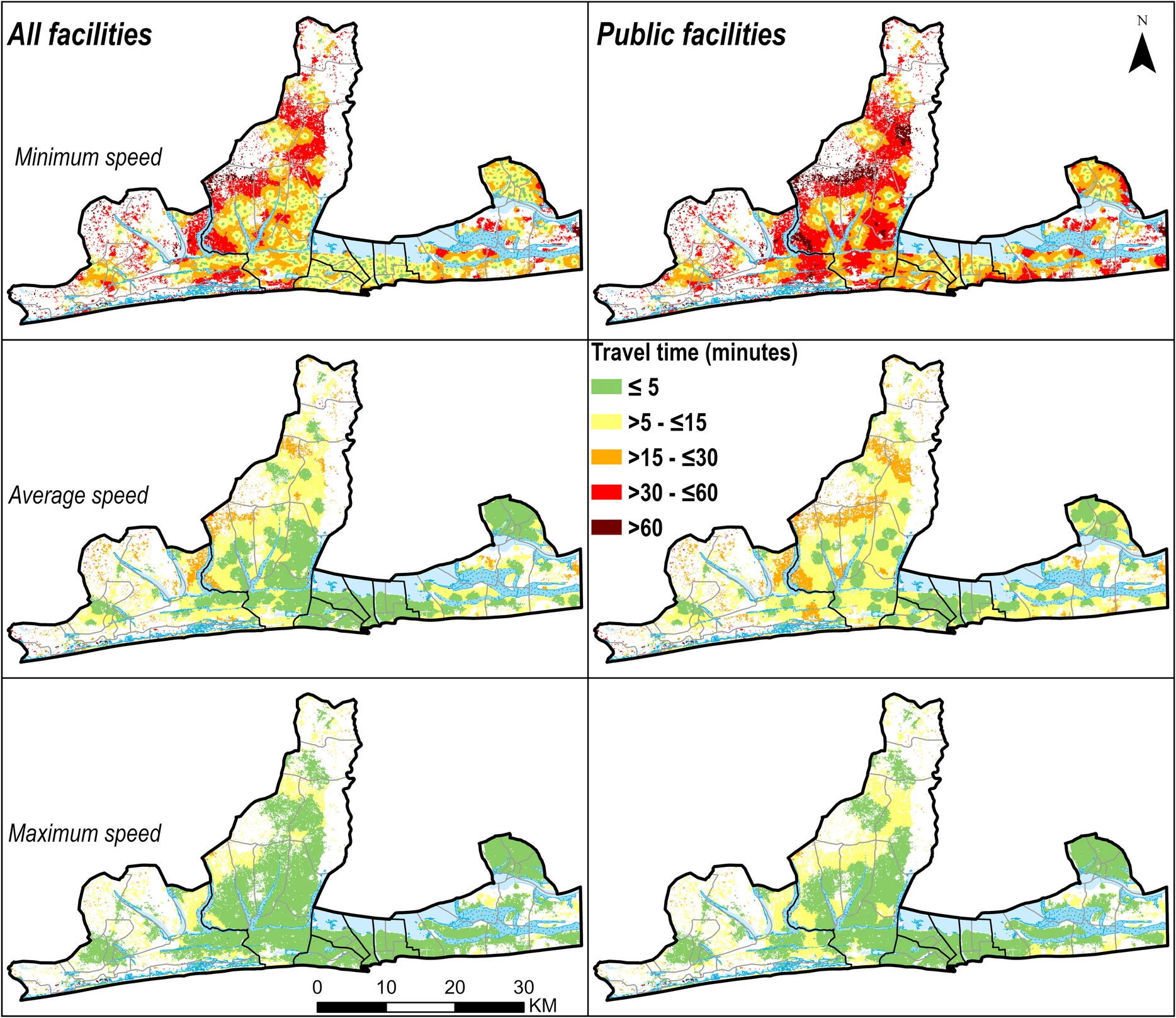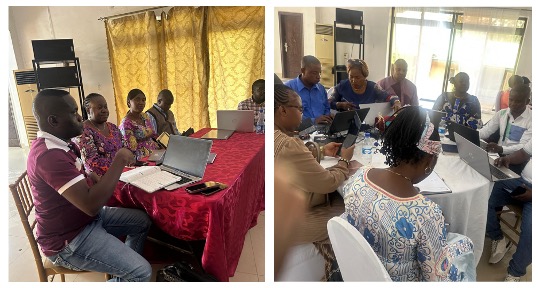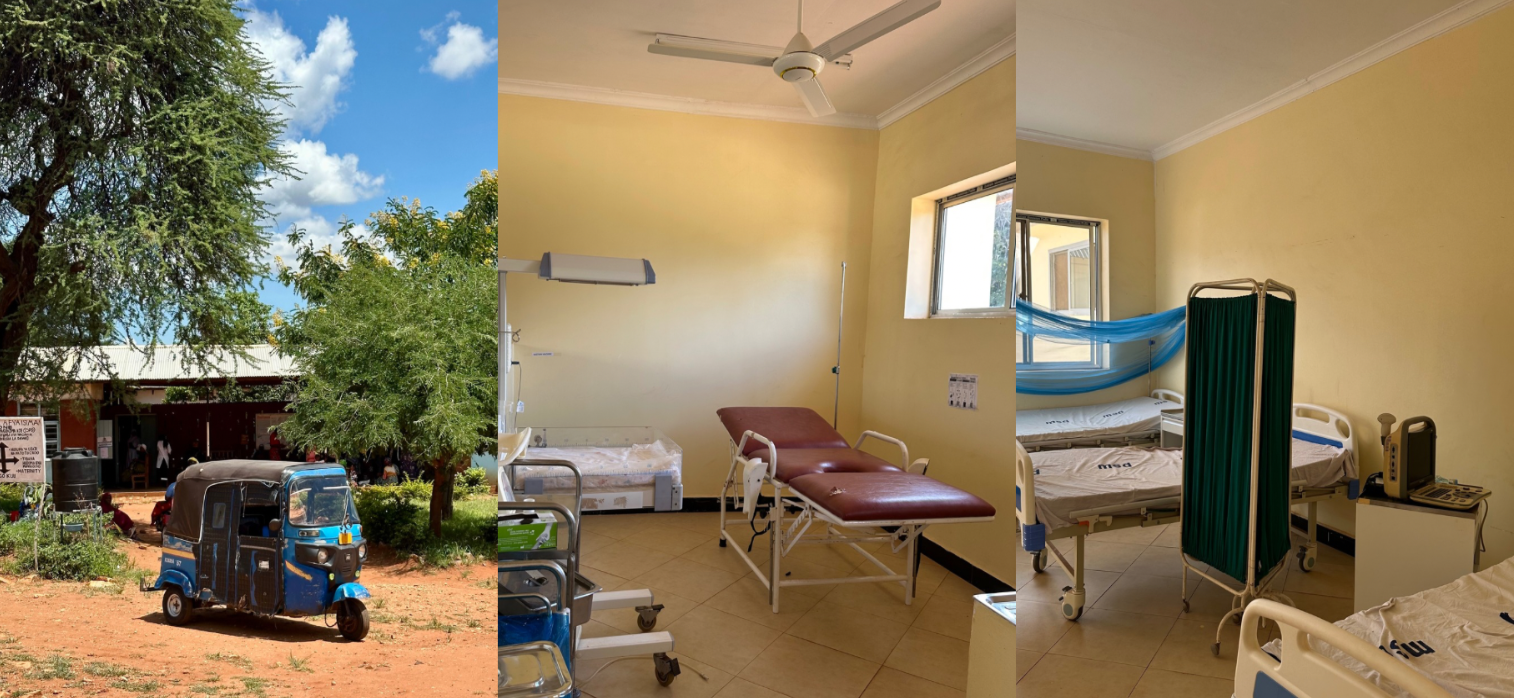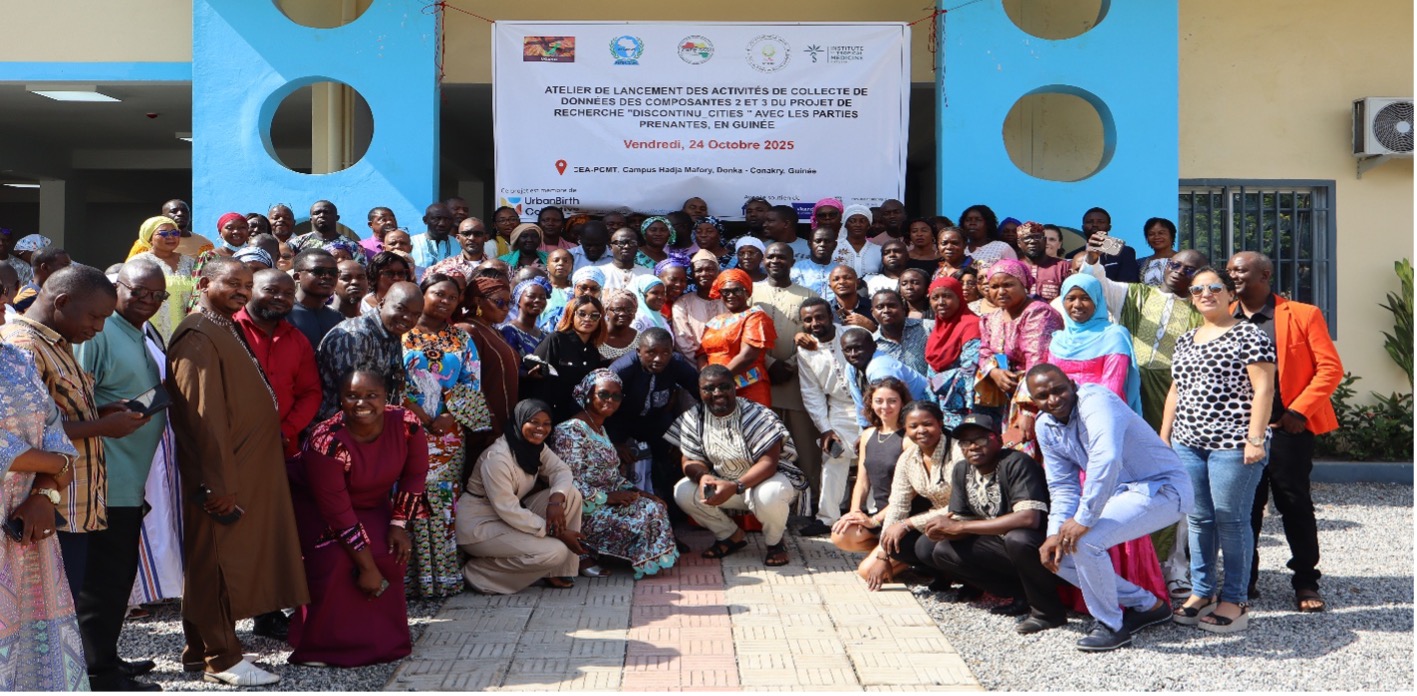

In a new paper led by early-career researchers Dr Yiséché S. C. Hounménou, and Mr Elias Martinien Avahoundjè from Cerrhud and supported by researchers from the Institute of Tropical Medicine in Antwerp, we assessed geographical accessibility to facility-based childbirth care in Grand Nokoué metropolitan area in Benin.
We found that:
- Travel time was relatively short under average travel conditions (8 minutes) but increased substantially for women needing public hospital care traveling at slowest speeds (106 minutes).
- Women from the poorest household wealth quintile travelled, on average, five times longer than those in the richest quintile to the nearest hospital
- Travel time was shorter in large and medium settlements than in peripheral areas containing small settlements, low density, and almost uninhabited areas.
- Targeting peri-urban areas and the poorest with longer travel time will reduce existing inequities.
The paper was published in the Journal of Urban Health and it available here on an open access basis.
This study is part of the UrbanMat Grand Nokoué metropolitan area (Bénin) project.

À quel point les femmes du Grand Nokoué peuvent-elles accéder facilement aux soins obstétricaux, et quelles inégalités existent selon leur situation socio-économique ou leur localisation ?
C’est ce qu’explorent deux jeunes chercheurs en début de carrière du CERRHUD, Dr Yiséché S. C. Hounménou et M. Elias Martinien Avahoundjè, avec le soutien de l’Institut de Médecine Tropicale d’Anvers, dans leur nouvel article.
Qu’avons-nous constaté ?
• Le temps de trajet était relativement court dans des conditions normales de déplacement (8 minutes), mais augmentait considérablement pour les femmes qui devaient se rendre dans les hôpitaux publics en se déplaçant à des vitesses plus lentes (jusqu’à 106 minutes).
• Les femmes issues des ménages les plus pauvres mettaient en moyenne cinq fois plus de temps que celles des ménages les plus riches pour atteindre l’hôpital le plus proche.
• Le temps de trajet était plus court dans les grandes et moyennes agglomérations que dans les zones périphériques comprenant de petites agglomérations, à faible densité et presque inhabitées.
• Cibler les zones périurbaines, les populations les plus pauvres et ayant les temps de trajet les plus longs, permettrait de réduire les inégalités existantes.
L’article a été publié dans le Journal of Urban Health et est disponible en accès libre ici.
Cette étude s’inscrit dans le cadre du projet UrbanMat Grand Nokoué (Bénin).


